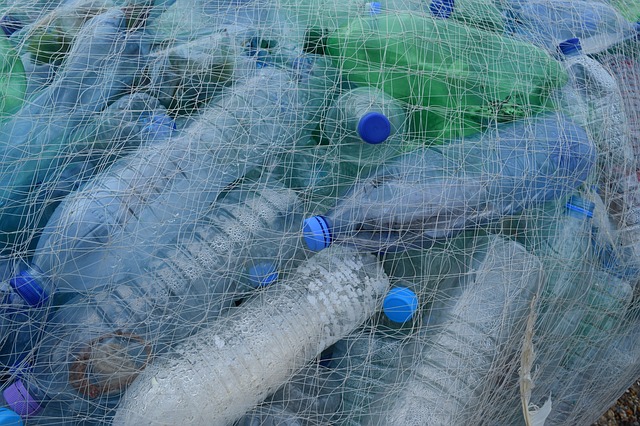Polymeric materials and sustainable development
Plastics have a significant stigma to handle as a symbol of products that are used once and immediately discarded – the western way of life without modesty and respect for nature. Plastic products also end up in nature where they harm wildlife and oceans. Their low density and durability are both factors that make plastics a plague.
This is such a paradox since a plastic object, with its low weight, good strength and durability can save a lot of energy if it is used for its full lifetime in suitable applications. Its excellent barrier properties are also important in prolonging the lifetime of groceries and its use in wrapping and trays can save fruit and vegetables from being hurt during transports and so on.
There are two major challenges that need addressing to mitigate the negative impact of polymeric materials. First, the linear economy must become circular for the materials to be utilized more than once. Here the waste pyramid should be the guiding star meaning that the first option should always be to reuse an object and so on down the steps of the pyramid. Secondly polymers should be based on renewable raw materials rather than fossils. It is up to all producers to consider end-of-life aspects during their design phases. Also consumers need to exert their power by selecting conscious products. This goes for plastic products as well as textiles, which is a fast growing environmental issue. Next to housing, traveling and food, textiles is the fourth most CO2 intense group of products in Sweden today.

All efforts have been made to ensure materials created by the EDU comply with current accessibility guidelines (JISC: Support for learners with disabilities).
If further assistance is required with accessibility matters please contact the student support section in your academic partner UHI: Accessing learner support.
We welcome any comments on how to improve this unit. Please feel free to pass these on at any time.
If you have any difficulty viewing this resource please contact EDU (edu@uhi.ac.uk) with:
- the name of the resource;
- a description of the problem (please give as much detail as possible);
- the section of the resource where the problem occurred;
- your internet browser (you can check your browser version at: http://detectmybrowser.com/).
UHI provides links to external sources of information and may refer to specific Web sites, products, processes or services within this resource. Such references are examples and are not endorsements and whilst every effort is taken to ensure the accuracy of information provided UHI is not responsible for any of the content or guidance. You are advised to exercise caution.
Audio
Video
Reading
Download
Information
External link
Activity
Question
Asterisk
Discussion
Collaboration
Reflection/journal/log
History
Pause for thought
Download a copy of this resource in PDF format.
You can also print individual pages by printing directly from the browser.
